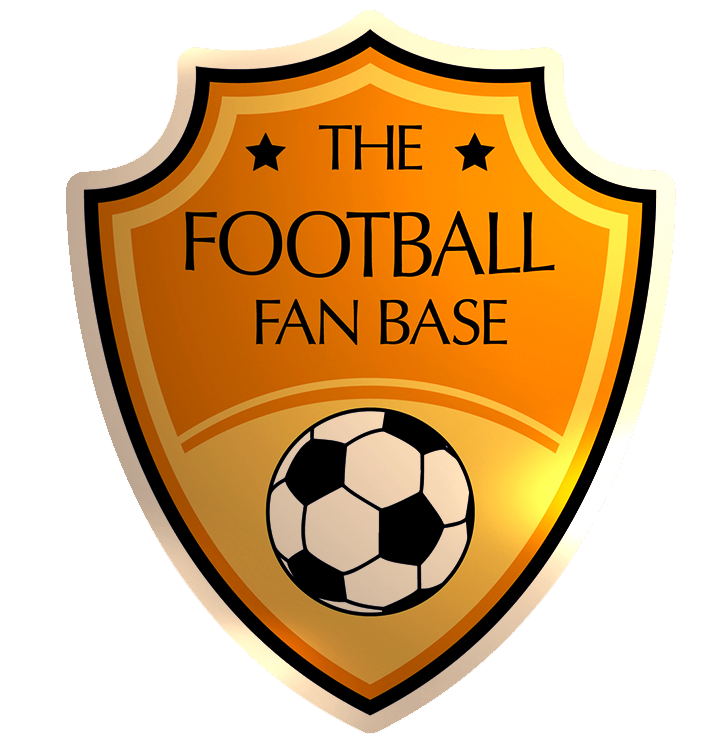FC Bayern Munich had just won yet another Bundesliga in April 2017, their fifth in a row, a record in itself. Having further extended their title as the most dominant team in all of Germany surely calls for a celebration, one that the Germans are very well known for. The players were in the exuberant mood, who would not be? Having done the unprecedented, its expected of the players to get a feel of their achievement and they did. There were happy faces all around, but there was a notable absentee in all of the celebrations. Don Carlo had just added another feather to his cap but preferred to be at the periphery of the celebrations.
I guess that’s the major loophole of dominance. The taste of victory and supremacy leaves you wanting for more. Though there’s no denying that a club of Bayern’s stature must be expected to win the Bundesliga, the burden of victory, inevitably, yearns higher accolades. The ability to live up to the heightened expectations separates the seasoned from the one timers.
Carlo Ancelotti has a managerial legacy that is matched by very few. He has found success in every venture and earned plaudits for heralding a new style of football with the extensive usage of the 4-4-2 formation. He was termed as a tactically inflexible manager, for his reluctance of changing his preferred system to accommodate a few star names, the likes of Gianfranco Zola, Hristo Stoichkov, and Roberto Baggio, but the same cannot be said about the Italian. He toyed with the formation in the latter stages of his career to give his sides a balance in both attack and defense, with hybrids of the 4-3-1-2 and the 4-4-2 diamond formation. Above everything else, Ancelotti was far from an authoritarian, showcased by Louis van Gaal, Pep Guardiola, Jürgen Klopp, Jose Mourinho and in most of the relative newcomers such as Frank de Boer and Julian Nagelsmann, who demand a certain style of football from their players. He gives his players the relative freedom to express themselves as they wish. Another of his strengths is his ability to adapt to any league in no time at all. After long stints at Parma and Milan, he spent just two years at his next three assignments, winning titles in all those stints. Most notably, the domestic double at Chelsea, the Champions League at Real Madrid and the Ligue 1 in Paris.
Let’s assess his performance in both the domestic and the European circuits.
-
Domestic reign:
Mr Ancelotti, or Don Carlo as he is so affectionately called, has an immaculate domestic record in all of his ventures. To put it simply, he’s done it all. He had a humble beginning of sorts at Reggiana, where he helped the team gain promotion to the Serie A. A year later, he was at Parma and was the mastermind of the team that was home to the future of Italian football. He is known to be accredited with the tutelage of Fabio Cannavaro and Gianluigi Buffon. A second-place finish in his first season at the club was impressive and Juventus came calling. It was at Turin where he became more flexible with his formative rigidness to accommodate the excellence of Zidane in attacking midfield. While he did not manage to win the league title with Juventus, his managerial style helped propel Zidane to the heights he reached, all down to the freedom he gave the Frenchman to wreak havoc in central midfield. His stint at Turin was prematurely ended due to his inability to land a league title, and Milan roped him in 2002. Here too, he did not have much of an impact on Serie A with just one title in 8 years at the club.
He joined Chelsea in 2009 and helped the team to a domestic double in his first season in charge. The next season saw him finish second in the league to Manchester United, which was the final nail in the coffin for his time in England. This was followed by a one year stint at PSG, where he helped the French team, fresh from the finances being pumped in by the QSi, to their first league title in over 20 years. After his first full season with the French team, he requested to leave the club to take over responsibilities at Real Madrid. At the Spanish club, while the domestic title evaded the Italian, he won every other trophy he could lay his hands on.
After being sacked by the club for failing to win the league title, Carlo left to join Bayern Munich, having taken a sabbatical year, where he won the Bundesliga in his first season in charge, before being sacked by the club for a sub-standard start to the league in the current season.
Clubs: 8
League Titles: 4
-
European reign:
Europe has been Ancelotti’s hunting ground. After having tasted success in the Champions League with AC Milan in 2003, he went on to repeat the feat in 2007. The Champions League is a tougher proposition for any manager and winning it would be comparable to wearing a badge of honour. Don Carlo has won it thrice in his illustrious career, making him one of the most successful managers in the history of the competition. Furthermore, he’s also managed to win the UEFA Super Cup on three occasions.
Clubs: 8
UEFA Champions League: 3
UEFA Super Cups: 3
Overall, Mr Ancelotti will go down in the annals of World Football as one of the best, if not the best, to have graced the game. His sacking will be highly debated, but in such times, we should celebrate his legacy instead of questioning it.
Grazie, Don Carlo.




